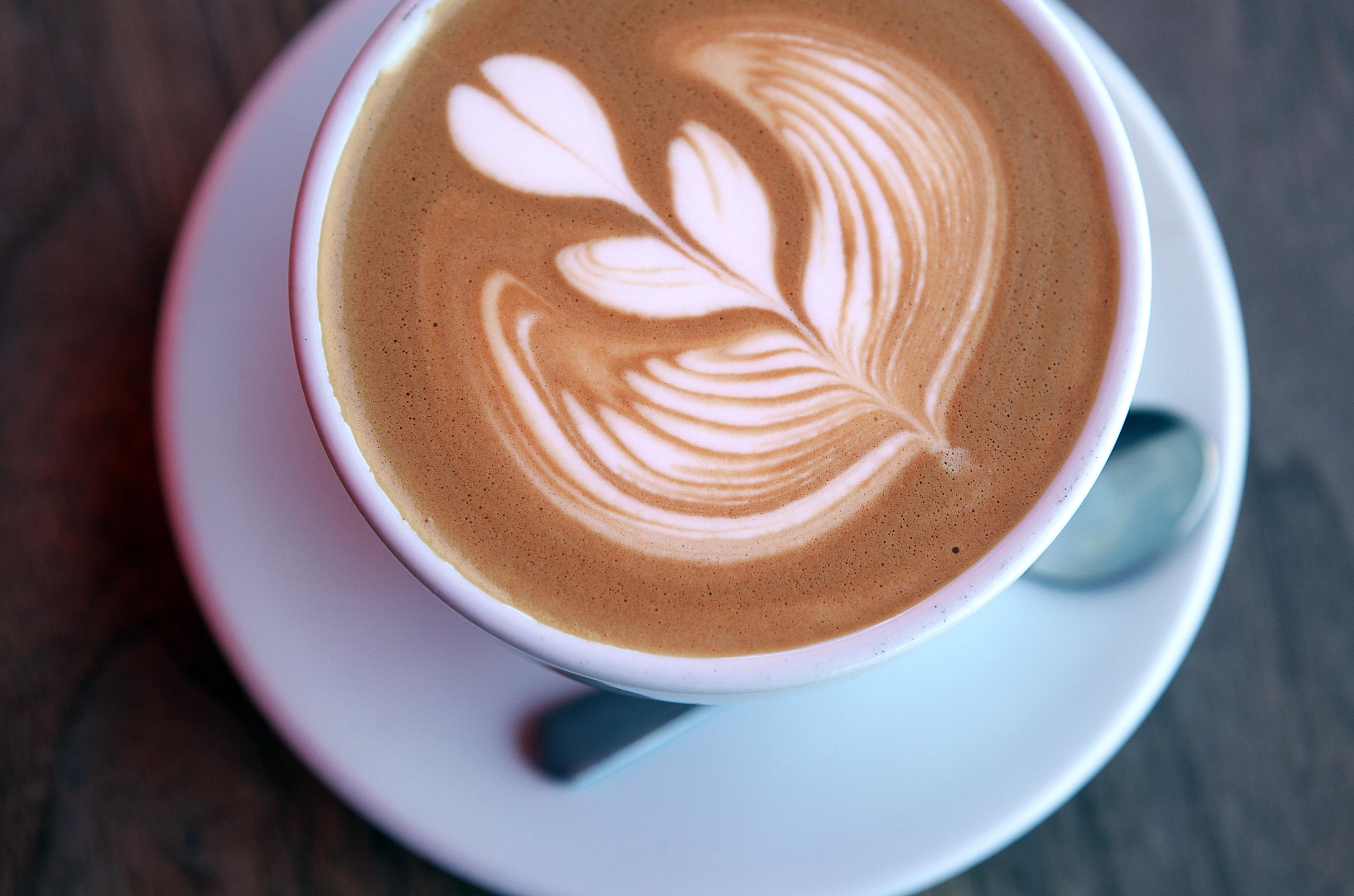This article originally appeared in Inc.
You already know that caffeine is a drug, but really thinking about what that means in terms of physiological effects on your body can be a little alarming.
Travis Bradberry, co-founder of emotional intelligence testing and training company TalentSmart, is out with a new post on LinkedIn that makes the case as to why your daily coffee habits are terrible for your personal productivity. Bradberry points to research from Johns Hopkins Medical School, which suggests that those good vibes and the boost in energy you get from drinking a cup of coffee are the results of temporarily reversing the symptoms of caffeine withdrawal.
In other words, that euphoric short-term state that you enter after drinking coffee is what nonhabitual caffeine consumers are experiencing all of the time. The difference is that for coffee drinkers, the feeling doesn’t last. “Coming off caffeine reduces your cognitive performance and has a negative impact on your mood. The only way to get back to normal is to drink caffeine, and when you do drink it, you feel like it’s taking you to new heights,” Bradberry explained. “In reality, the caffeine is just taking your performance back to normal for a short period.”
It gets worse. Bradberry goes on to explain why coffee also results in a loss of inhibitions. He says that caffeine triggers the release of adrenaline—the source of the “fight or flight” response. “The fight-or-flight mechanism sidesteps rational thinking in favor of a faster response. This is great when a bear is chasing you, but not so great when you’re responding to a curt email,” Bradberry writes.
What’s more, once caffeine is in your system, it takes a very long time to leave. If your morning ritual involves having a cup of coffee at 8 a.m., 25 percent of that caffeine will still be in your body at 8 p.m. When you do turn in for the night, any caffeine left in your body will result in reduced REM sleep—the deep sleep your body needs to recharge.
How’s that for a grim world for coffee lovers? Even if you’re not ready to give up your daily caffeine intake, Bradberry’s points do provide a reason to consider at least cutting back. As Inc.’s Jessica Stillman pointed out in a recent post, the most important thing to consider when limiting your caffeine consumption is when and if your body really needs it. For example, after a good night’s sleep, your body is refreshed. So consider holding off on brewing that cup of coffee—at least till late morning anyway.
